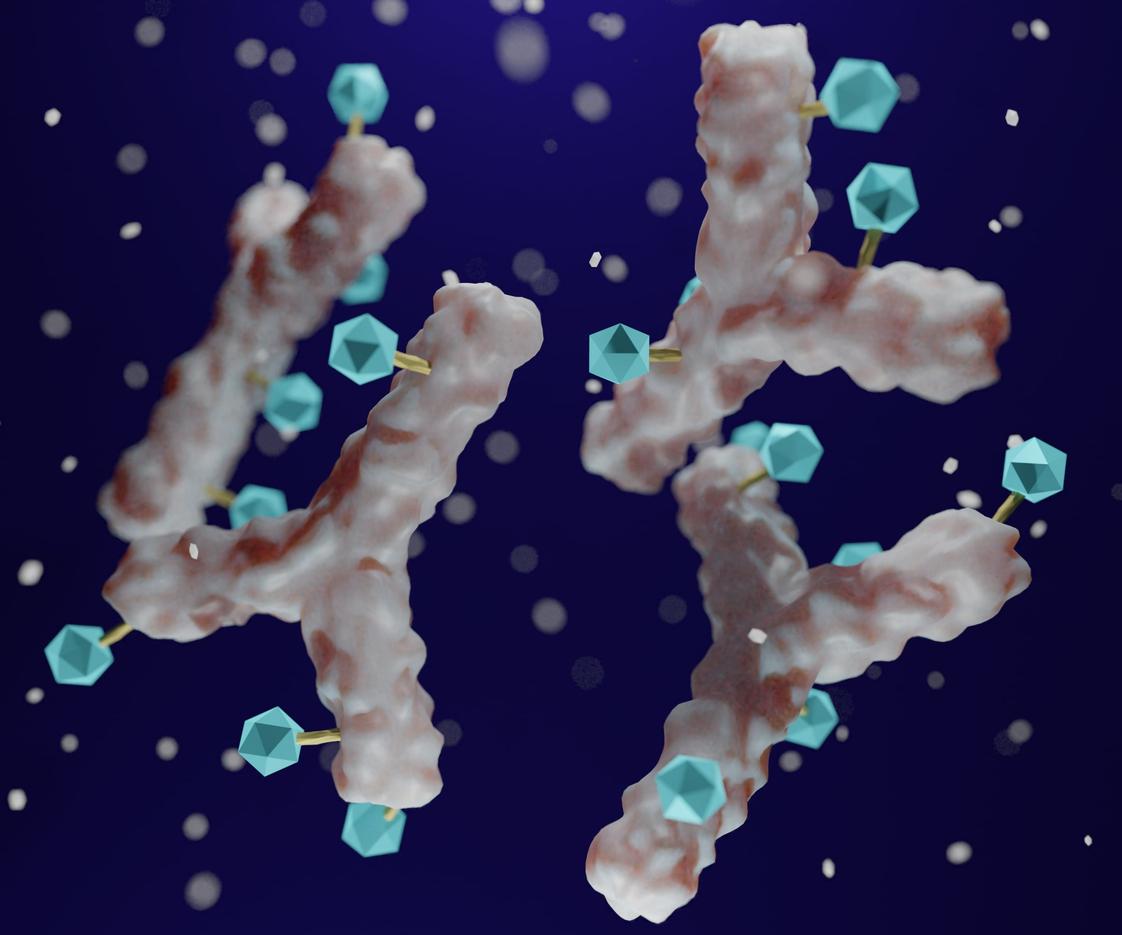
UK and US researchers determine that, in patients at high risk for severe COVID-19, the benefits of early treatment with the monoclonal antibody sotrovimab may extend beyond the acute phase of COVID-19 and contribute to the prevention of long-COVID symptoms. The findings are published in the journal Infection.
Researchers used data from the US National COVID Cohort Collaborative to compare outcomes and long COVID status among high-risk patients who received sotrovimab treatment from May 26, 2021, to April 5, 2022, and high-risk patients with COVID-19 diagnosed from May 26, 2021, to March 26, 2022, who did not receive any treatment for COVID-19 during the acute phase. In total 9,504, sotrovimab-treated and 619,668 untreated patients were included in the analysis.
Long COVID was defined as a diagnosis of 1 or more of 26 potential symptoms at 30 days or more after the first COVID-19 diagnosis.
8% reduction if treatment started early
The average treatment effect in the treated hazard ratio among those who received sotrovimab was 0.92 (95% confidence interval, 0.89 to 0.96), suggesting the antibody was protective against long COVID, with treated patients having an 8% decreased risk of developing long COVID compared with untreated patients.
Only treatment within 10 days of COVID-19 diagnosis was associated with lower risk, the authors said.
These findings suggest that the benefits of early treatment with sotrovimab may extend beyond the acute phase of COVID-19.
"These findings suggest that the benefits of early treatment with sotrovimab may extend beyond the acute phase of COVID-19 and contribute to the prevention of PASC [post-acute sequelae of COVID-19, or long COVID], symptoms in a population with substantial disease burden," the authors concluded.
.jpg)













